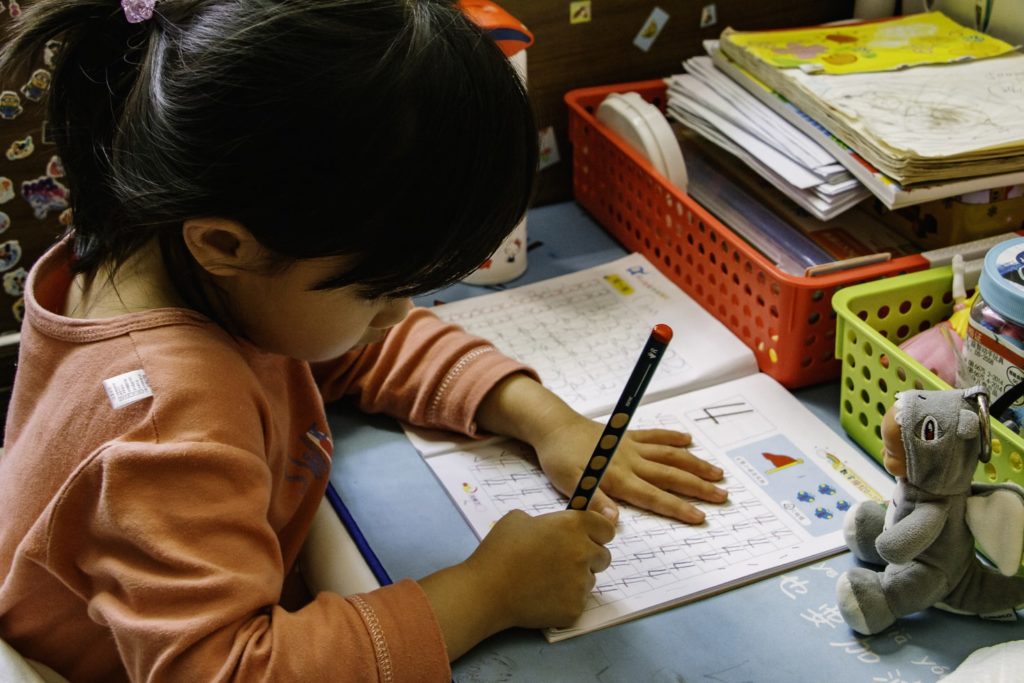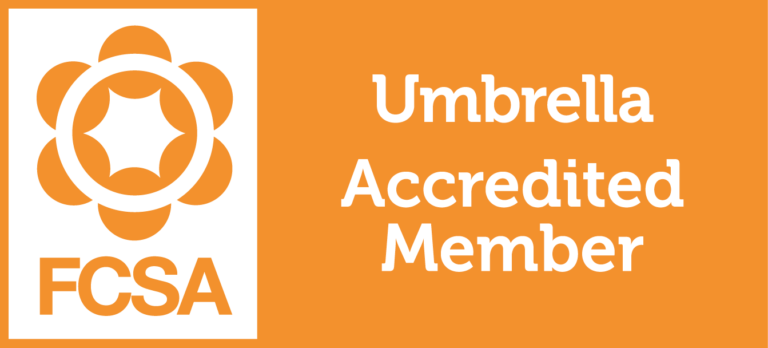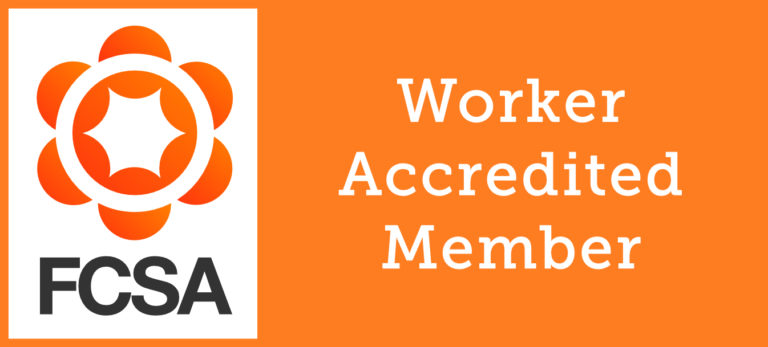
Behaviour has long been a major challenge for teaching staff, and never more so than in recent years. Post-Covid, teachers across the UK have reported increases in violent behaviour towards pupils and staff, with particular concern amongst primary age children. Disruption to routine, social anxiety, family poverty and lack of stability have made the learning process more difficult for children and teenagers, which is increasingly requiring additional support in the classroom. In 2022, how can educators respond to the fast-changing needs of pupils whilst creating the best learning environment?
Generate’s payroll and contractor management specialists support thousands of teachers every day. We reveal our network’s top tips, advice and guidance for behaviour management across age groups and abilities.
4 Ways to Encourage Positive Behaviours in the Classroom
1. Be Consistent
Switching between classroom and virtual learning with differing levels of support at school and at home means many children now crave structure and stability.
Ensure you are familiar with the warnings and sanctions systems set out by your school and how these are most effectively used by your colleagues to lay out your own tools and practices. Clearly communicate your expectations to your classes, and when bad behaviour arises, reinforce these expectations so that students know exactly why their behaviour has been brought up and what they need to do differently next time.
2. Reinforce Positive Behaviours
Whilst most educators know that praise is often more effective than punishment, consistent positive behaviour reinforcement can be difficult when teachers are under intense pressure. Ensure this method works for you and prepare yourself for challenges by reflecting on recent behavioural difficulties: what were the root causes of the issues? How did you respond? Which action resolved the situation? What would you do differently? And what could have prevented the situation from occurring in the first place?
Praising good behaviour, such as organisation and sharing, can stop potential issues in their tracks. Recognise hardworking and considerate students with active praise when marking their work and speaking to them directly. Remind the whole class of expectations and encourage good behaviours by praising the actions of students who have performed tasks well, such as those who have already collected their exercise books or handed in their worksheets on time.
Positive reinforcement helps students understand the value of personal responsibility and self-discipline. When children understand that their good behaviour results in positive consequences, such as rewards, beneficial attention and more recognition, they will enthusiastically build their own positive habits and start to lead their own positive behaviour by themselves.
3. Create Detailed Lesson Plans
Your pupils will be looking to you to set the tone for the lesson: if you are calm, focused and organised, they will find it much easier to follow your lead. The best-laid lesson plans will involve your students directly in their learning, set expectations for each lesson, provide a consistent learning trajectory and create much-needed structure for you and your class throughout the term.
Thousands of teachers across the UK and the world contribute to free websites where educators can download lesson plan templates, use resources, access ideas and share with their colleagues. Those working in education can find a wide variety of help and support across subjects, Key Stages and abilities, from sites including:
- TES – 900,000 teaching resources including project materials, GCSE revision notes, assemblies and cover lessons
- Planboard – Free online lesson planning tool with lesson templates, class scheduling, curriculum progress, grading and assessment
- Twinkl – Lesson plans, presentations, assessment guides, home learning materials and creative lesson tools for Primary and Secondary schools
- Teachwire – Advice, ideas, worksheets, posters and interactive resources including comic strips, games, character creation for storytelling and science investigation activities.
Start as you mean to go on by planning out what resources you and your students will need for the term and break this down into what will be needed for every class. Allocate worksheets, stationery and textbooks their own designated place, and ensure students know where they can access them to maintain consistency and prevent disorganisation from limiting learning.
4. Limit Opportunities for Bad Behaviour
The most engaged students will be less distracted and will therefore have fewer opportunities to disrupt the class. Interactive tools and resources such as the following can involve students directly in each lesson and facilitate both optimum learning and the behaviours needed for happy, productive classes:
- Games – Gamifying activities requires full attention and effort, and attention is sustained much longer when pupils feel motivated by working to achieve rewards
- Quizzes – Students’ brainpower will be fully focused on interpreting and remembering facts and answers, and quiz teams can foster collaboration between classmates
- Videos – Visual and audio learners will most benefit from short, pacey video content that complements textbooks and prevents bad behaviour caused by the frustration of boredom or misunderstanding
- Storyboards – When pupils feel more involved in their studies and can relate to characters and situations on a personal level, they will be more invested in and will focus their energies into a successful outcome for tasks and projects
- Podcasts – Children can let their imaginations run wild by filling in the visuals for audio content such as podcasts that can bring history and science to life, and become engaged and connected with lessons on a different level.
Involve your pupils in the very structure of each lesson by gamifying setting up and tidying up, getting students to work together in teams, and rewarding and praising this engagement. If children and young people feel they are involved in and engaged with their learning environment, they will feel more respectful of it, you, and each other, and therefore their behaviour and attitude to learning will considerably improve.
Get the Best Support in Your Education Career
Looking for support with payroll, taxes, compliance or anything financial? Generate have helped thousands of teaching staff across the UK and abroad – find out how we could help you.
In need of support more generally? Discover 3 Ways Teachers Can Best Look After Their Mental Health.











